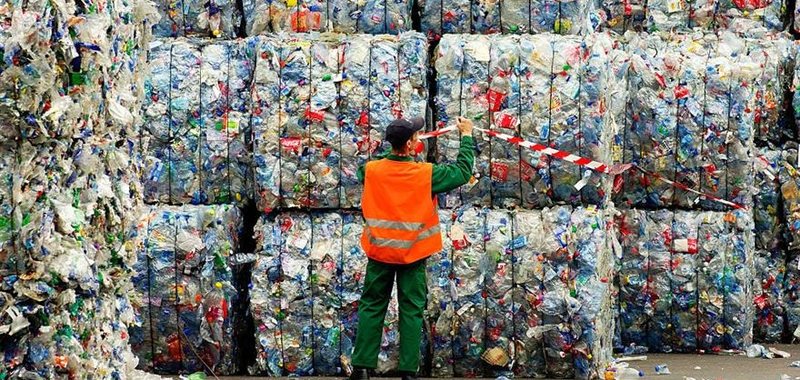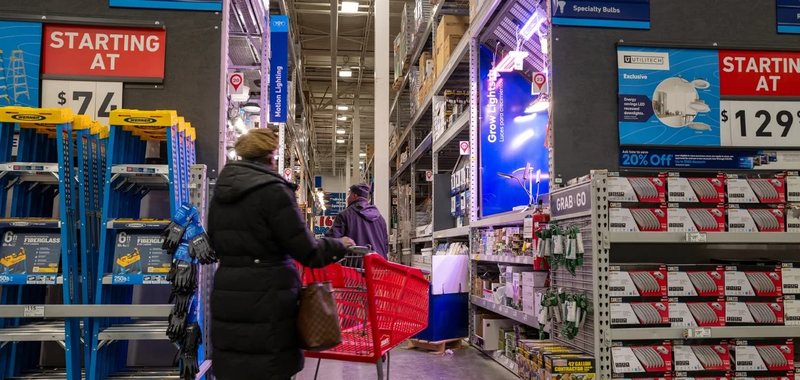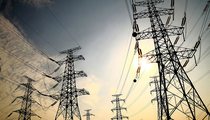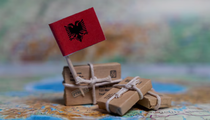Property Security and Digital Cadastre - Investment Council reveals the obstacle that is driving away investors

The Investment Council's latest progress recommendations have highlighted that the issues of property security and Digital Cadastre remain among the most problematic for investment development in the country. According to the assessment, these areas are among the least advanced in implementation, creating legal uncertainty and a lack of transparency for domestic and foreign investors.
The Council emphasizes the urgent need for the registration and publication of public and municipal properties in the Albanian Land Registry, as well as the establishment of a fully accessible Digital Cadastre, which would guarantee accurate and open information for economic use. Also, the lack of publication of the property fund for strategic investments continues to limit investment orientation and long-term planning.
In addition to property issues, the recommendations highlight a number of other challenges that continue to remain unimplemented. Among the most important are the drafting of a strategy against informality, better coordination of public investments between the central and local levels, and the empowerment of business associations to increase their role in advocacy and public consultations.
The Council also emphasizes the need for a new culture in human resource management, where human capital is treated as a development asset, as well as investments in technology, automation and professional retraining. Fiscal incentives for research and development are also recommended, as well as improved data exchange with municipalities, to guarantee up-to-date information for businesses.
According to the Investment Council, progress in resolving property issues and data digitalization remains a fundamental condition for establishing a safer, more transparent and more attractive investment environment in Albania.

Croatia "challenges" inflation - Sets "ceiling" prices for 30 basic products
The Croatian government has decided to add 30 more items to the list of 70 basic products with capped prices, in an effort to ease inflationary pressure on......

Montenegro, debt will reach 5.88 billion euros - It will expand by 1.2 billion euros in one year
At the end of the third quarter, Montenegro's national debt reached 4.705 billion euros, or 59.4 percent of GDP, while at the end of next year it is expected......

The foreign exchange market stabilizes - How much are the main currencies being exchanged today?
The US dollar did not fluctuate significantly over the weekend, having started this Monday at relatively constant values compared to the previous week,......

Britain, strategy for critical minerals - Seeks to increase domestic production and reduce dependence on China
The UK has launched a new national strategy for critical minerals and rare earths in a bid to reduce its dependence on China. Beijing controls global......

“42 extra days of summer by 2100” - Today's heat patterns in Europe, like 6,000 years ago
European summers are getting longer and hotter. However, there has been “high uncertainty” about why this is happening. New research shows that heat patterns......

Recycling, Europe slows progress - Which EU countries recycle the most raw materials?
Progress in recycling materials in the European Union has not been remarkable over the past decade. Between 2015 and 2024, the EU recycling rate increased by......

Trump, just like Biden - Americans continue to face high prices
President Donald Trump was elected on a promise to reduce consumer prices, which rose sharply under Joe Biden, but now he faces the same challenge that......

Hybrid work, AI "frees up" one day a week - Study: Technology increases productivity and improves collaboration
In hybrid jobs, where employees split their time between the office and home, artificial intelligence is “freeing up” almost a day a week. This free time can......


















